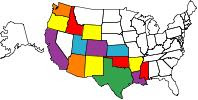For “Scripture Sunday”:
10 Commandments, Not Nine!
“The 10 Commandments. Valued. Fought for. Revered. And at times even banned.
In early February, the House Judiciary Committee of the state of Alabama approved a proposed state constitutional amendment that would allow the 10 Commandments to be posted in buildings and schools.
The bill, sponsored by Rep. Duwayne Bridges, R-Valley, stipulates that the commandments could be displayed unabridged or unrestrained on public property as long as it’s in compliance with constitutional requirements” (huffingtonpost.com).
It was in the same state that, back in 2001, Alabama Supreme Court Chief Justice Roy Moore was expelled from office over a huge granite monument of the 10 Commandments that was placed in the state’s judicial building. Civil liberties groups brought a successful lawsuit against the display; Mr. Moore refused to comply with a federal judge’s order to remove the display, and he was subsequently forced from office.
The 10 Commandments: Ted Koppel famously reminded the 1987 graduates of Duke University that “what Moses brought down from Mount Sinai were not the Ten Suggestions. They are commandments. Are, not were.” He went on to remind the graduating class: “The sheer brilliance of the Ten Commandments is that they codify, in a handful of words, acceptable human behavior. Not just for then or now but for all time.”
“The Big 10,” they’ve been called. Koppel was right; they’re not 10 suggestions, but, in fact, 10 Commandments. Yet a Gallup poll dating from several years back revealed that, at the time, 85 percent of Americans believed that the 10 Commandments were still binding, but only 15 percent could name as many as five of them. One can’t help but wonder what that percentage would be now.
Not surprising, then, that one of the Big 10 in particular is probably the most commonly ignored, if not the most widely violated. No. 4! It reads, “Remember the Sabbath day, to keep it holy. Six days you shall labor and do all your work, but the seventh day is the Sabbath of the LORD your God. In it you shall do no work. … For in six days the LORD made the heavens and the earth, the sea, and all that is in them, and rested the seventh day. Therefore the LORD blessed the Sabbath day and hallowed it.”
This is a command of God! One that was kept by the Savior when He was here on earth, and one kept by the early New Testament Church. It sits right there in the middle of the 10, and it’s still in effect today. It commands us to cease from our normal weekly endeavors from sunset Friday till sunset on Saturday.
Some want to pull out the toothpick and pick out just this one of the 10 Commandments, suggesting it’s no longer in effect, or that it’s now replaced by some other day of the week. They are in error. They overlook the fact that only God can make a day holy, and once He declares it holy, it remains so for all human beings, His very creation.
The apostle James tells us that all 10 of the commandments hang together, as one complete and indivisible code of law. “For whoever shall keep the whole law, and yet stumble in one point, he is guilty of all. For He who said, ‘Do not commit adultery,’ also said, ‘Do not murder.’ Now if you do not commit adultery but you do murder, you have become a transgressor of the law. So speak and so do as those who will be judged by the law of liberty” (James 2:10-12).
“The law of liberty.” Not bondage, but liberty. James knew his 10 Commandments and cited two of them—the seventh and the sixth—to show that they are all in effect and all to be kept today.
So what about you? Isn’t it time to apply the 10 Commandments—all 10—in your life and keep God’s Sabbath holy? God Himself requires no less.” From: https://lifehopeandtruth.com/speaking-of/10-commandments-not-nine/
________
The 10 Commandments in the New Testament
“The commandments mentioned in the New Testament point clearly to the fact that the Ten Commandments listed in the Old Testament are not done away. There is a greater degree of responsibility we have today to keep the spiritual intent of the law.
YouTube Video: https://youtu.be/iekvgKP_sN0
Transcript
[Steve Myers] "The 10 Commandments can most certainly be found throughout the New Testament. We’ve given many examples over the last few BT Dailys , but one that might really stick in your mind – if you remember the teachings of Christ, there was a man who came to Jesus and he asked Him straight out, “What must I do to attain eternal life?”. And you can find this story in Matthew chapter 19. And this man comes to Christ and says, “What should I do? What good thing should I do to attain eternal life?”. And you know how Christ responded? He said, “Keep the commandments.” And of course, then the question was, well, “Which ones?”. And in Matthew chapter 19, Christ begins a dialogue with this man where He refers to those commandments. He kind of takes for granted the initial commandments of you know, loving God first. He takes the Sabbath for granted because, of course, we’re talking about Jews who kept the Sabbath and these kinds of things. But then He goes right to the heart of those things between people.
How do we treat people? Well, we know the last six commandments deal with those things very specifically. And so Christ kind of picks it up there, and He starts listing the various commandments.
So when you think of the commandments in the New Testament, you might think Matthew, because that first gospel records Jesus’ teachings. And when you get to Matthew 19, and in verse 18, here’s what He says. Christ says, “You shall not murder. You shall not commit adultery. You should not steal. You should not bear false witness.” He says, “Honor you father and mother. Love your neighbor as yourself” (Matthew 19:18). And so Christ specifically lists those commandments that relate directly all the way back to Exodus chapter 20.
And then it’s also interesting – He goes on, because the young man then says, “I’ve done all these things from my youth. What do I lack?” And Christ comes right to the heart of the matter – that there’s a spiritual aspect to these commandments that we must be living – that we must be breathing examples of the spiritual intent of God’s commandments and His law. So in verse 21, Christ says, “If you want to be perfect, go and sell what you have and give to the poor, and you’ll have treasure in heaven, and come and follow Me” (Matthew 19:21).
Now, the young man, he went away sorrowful because he had great riches. But I think the greater lesson of the story is for each and every one of us, we have to strive to fulfill that spiritual intent of God’s law. And so the commandments in the New Testament point so clearly to the fact that His commandments aren’t done away. And in fact, there’s a greater degree of responsibility that we as God’s people have today, that we are to keep God’s spiritual intent of the law. And as we do that very thing, we recognize the commandments are in full force today, and even more so, to the extent that we must strive to fulfill that spiritual intent. And as Christ said, let’s go and follow Him."
_______
His Commandments Are Not Burdensome
1 John 5:3
“For this is the love of God, that we keep His commandments. And His commandments are not burdensome.
God is love, and His way of life—outlined in His law—is a way of love. The 10 Commandments show us how to love God and how to love our fellow human beings. God gave His laws for our good (Deuteronomy 10:13). They are not a burden, as many people believe, but a delightful way of life that ultimately produces the good things we really want most in life—good relationships, peace and real joy.
John’s statement was also a reminder of what Jesus Christ had told His followers: “If you love Me, keep My commandments” (John 14:15).”
For more about God’s commandments, see “The 10 Commandments for Today.”
https://lifehopeandtruth.com/bible/10-commandments/the-ten-commandments/
_______
Where Are the 10 Commandments?
“Here are some simple ways to help memorize where the list of the Ten Commandments can be found in the Old Testament of the Bible.
YouTube video: https://youtu.be/pxdGddHRtSc
Transcript
[Steve Myers] Have you ever had a hard time remembering where a certain passage in the Bible is located? That can happen even with an important section such as the 10 Commandments. Where are the 10 Commandments, and maybe, how can I remember where to find them? Well, the 10 Commandments – one place where they’re located is in the book of Exodus. Now one way to remember where they are is to consider when God gave these 10 Commandments. We probably can remember that God gave the Commandments as Israel was coming out from Egypt. They were coming out of Egypt, so that should help us to recognize they were exiting Egypt. That can help us to at least get the book right. They’re leaving Egypt, they’re on the Exodus. That’s when God gives them the 10Commandments, as they’re beginning their march through the wilderness to the Promised Land. So remember the Exodus.
Now, another way to remember it is – how many commandments are there, anyway? Well, there’s ten. These 10 Commandments were very important for ancient Israel. Today, for us, you might say they’re doubly important. They’re very important for us today, as well. So if you take the number 10 and you double it, what do you come up with? Exodus 20. Exodus chapter 20 is exactly where you’ll find one version of the 10 Commandments. As the children of Israel are exiting Egypt, Exodus 20 gives that list of the 10 Commandments.
Now, there’s one other area in the Old Testament that gives that list of 10 Commandments and it’s found in a different book. And there’s a little way that we can remember where this one is, as well. If we think of the 10 Commandments – remember this number 10? Okay, instead of doubling it for Exodus 20, let’s halve it for a minute. Let’s think of the fifth book of the Bible. If we have 5 and 5, that’s 10. The fifth book of the Bible is the book of Deuteronomy. And so that’s the fifth book, and if we need another 5 to add up to 10 – 5 plus 5, we have the 10 Commandments, right? Deuteronomy 5 is where we’ll find that second listing of the 10 Commandments in the Old Testament.
So where are they? Exodus 20, as the children of Israel exited Egypt. Commandments are doubly important for us today, so remember Exodus 20. Also 5 plus 5 equals 10. So remember the fifth book, the fifth chapter, is where you’ll find the summary of the 10 Commandments. I hope that’s helpful. Next, we’re going to take a look at where we can find these commandments in the New Testament. So thanks for joining me.”
From: https://www.ucg.org/beyond-today/beyond-today-daily/where-are-the-10-commandments
_________
Update.
Well, a few more things were accomplished in the mini-house (guest house) renovation. A chrome kitchen light was installed. We had to go up in the attic and pull up some boards to do that. We need to have good light in there to router the Formica that we have glued on the kitchen counters. First, I had to buy a new router bit. Then we installed a ceiling fan/light in what will be the bedroom. More attic floor had to be removed to do that. We are having trouble with the chrome ceiling fan/light that is to go in the future living room, as one of the brackets broke and it is a special design and not made anymore. I think it is going to take some “southern engineering”.
On Tuesday I went to a doctor, I call him a chiropodist, but he is known as a podiatrist, (http://www.opma.ca/podiatryandchiropody) and he cut out three corns out of the bottom of my feet with a scapel. Now I can walk without feeling that I have big pebbles in my shoes. My helper went with me as he had to have more blood tests at the VA clinic. As we were going to Conroe anyway, we loaded the van with a bunch of metal to be recycled, including Ron’s broken washer. We even had some space to take some more items to The Women’s Center. That was a busy day!
On Wednesday, we took my two foster cats, Big Old Napoleon and Little Puddin’ to Conroe Petco to be in our SPCA Habitat for a month. SPCA volunteers go every day, sometimes twice a day to tend to them, and they will get a lot of attention from the Petco staff and customers. Little Puddin’ is a very shy cat, and this might bring her out of her shell. If they don’t settle down after three days they will come back here. Right now, I just have Gertrude here, she has just finished her stint in the Habitat, but didn’t get adopted, and is a very sweet 9 year old kitty.
More trash has been removed from Roni’s old place (now mine) and a lot of pictures have been taken of her paintings and art work and emailed to her sisters so they can decide what they want sent to them. There is a mural that Roni painted on the wall, but it is on a big piece of plywood, 4’ x 4’, so the sisters said that I can keep it for myself. I am not going to do much more to the property until it is my name.
For the church potluck, I re-cooked Gary’s, one of the elders, brisket. He had cooked it in a large electric cooker, and it was greasy. I froze it when I got home, and defrosted it on the Thursday. I brought it all back to the boil, strained it and let the liquids solidify so that I could skim off the fat. Then I picked every little bit of fat and sinuey things out of the meat, shredded it, and took it back to the church in a crockpot so he could add his BBQ sauce. Gary has a very bad knee and I was hoping it would help him if I did his potluck contribution. He always brings lots of food for the potluck. He has the chickens that have been eating all my peelings that I save for them each week. This week he brought several dozen eggs, so everyone could have some. These are real yard eggs, not at all like the store-bought ones laid in one of those nasty factory egg-laying buildings.
For my contribution for the church potluck, I made Chicken, Zucchini and Quinoa, and Rutabaga in Rosemary Butter. I also made a Belgian Endive Salad, and then forgot to take it. The pastor’s wife made a recipe of organinc beef, broccoli and alfredo sauce. There is always plenty of food left over and it goes to anyone who needs it, including my neighbor who has no income.
The Bible readings were Lev. 12:1-13:59, 2 Kings 4:42-5:19 and Luke 17:11-19. The Teaching was about The Promise of Jesus, and it was a great day.


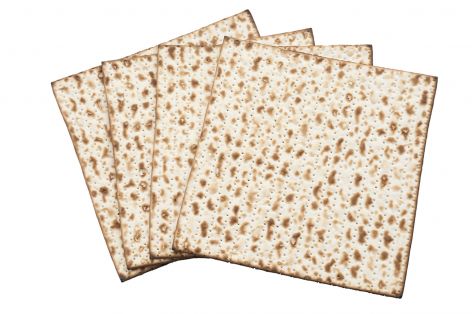 What does that mean?
What does that mean?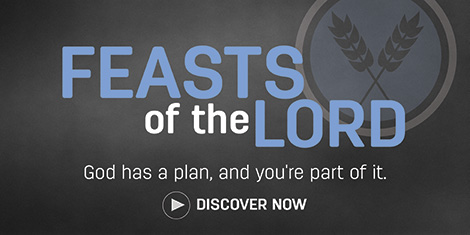

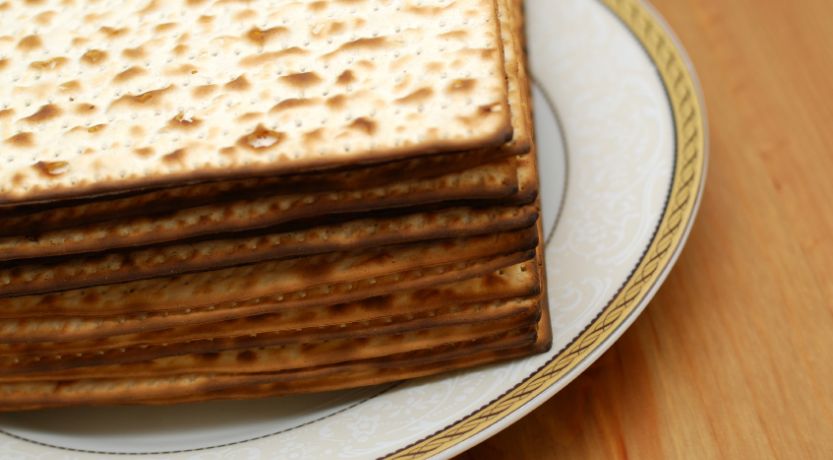
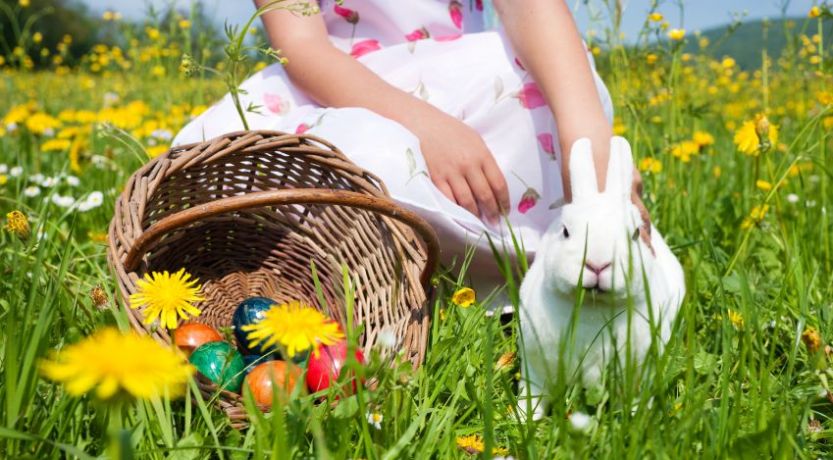
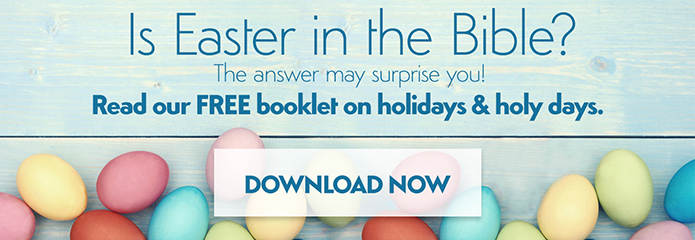
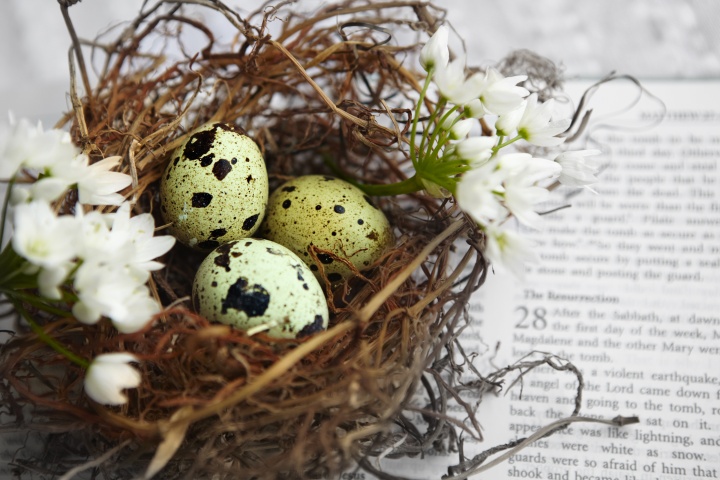 Lvnel/istock/Thinkstock
Lvnel/istock/Thinkstock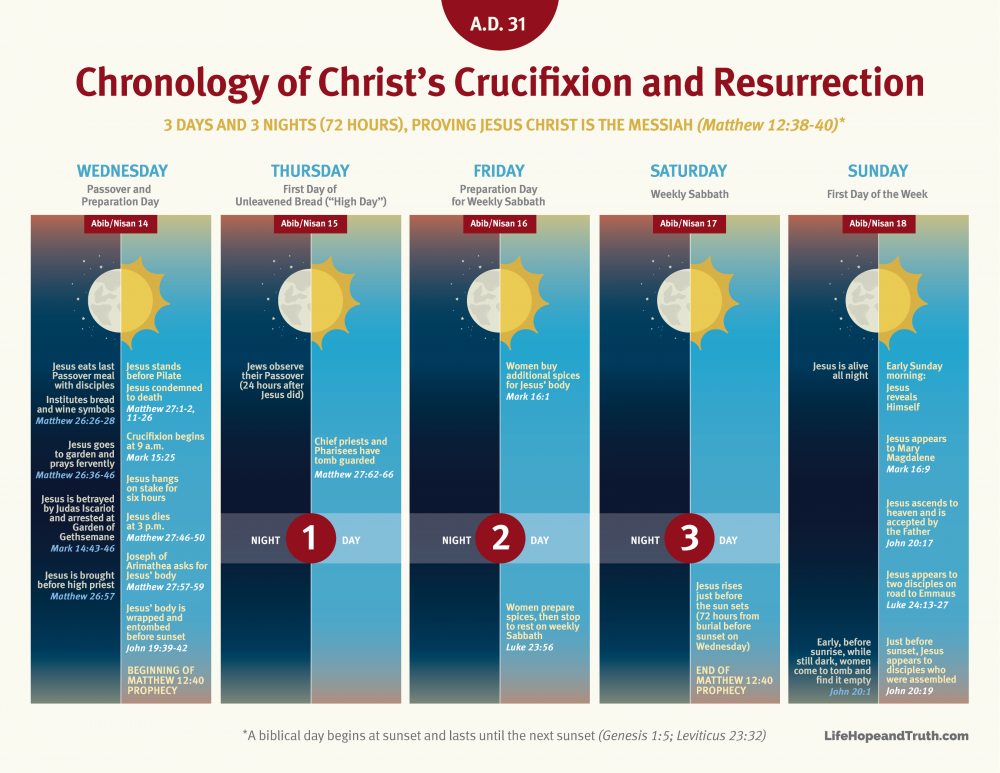
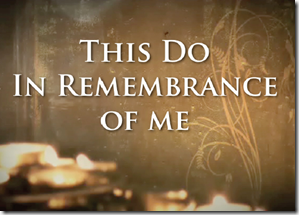
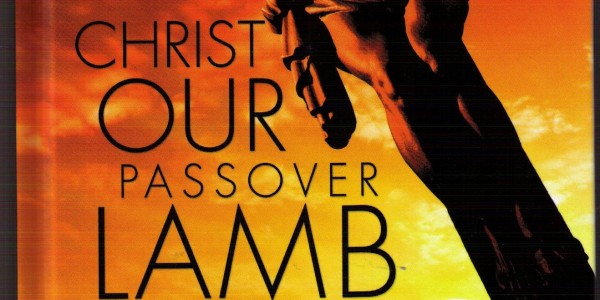
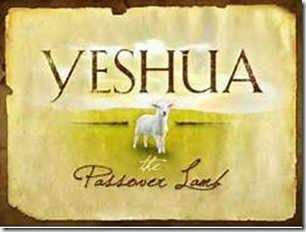

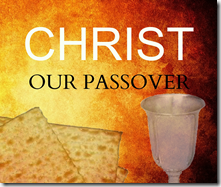
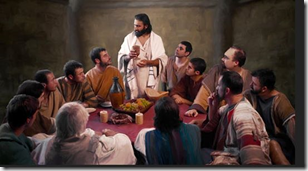

 iStockphoto
iStockphoto Aaron Burden/Unsplash
Aaron Burden/Unsplash






